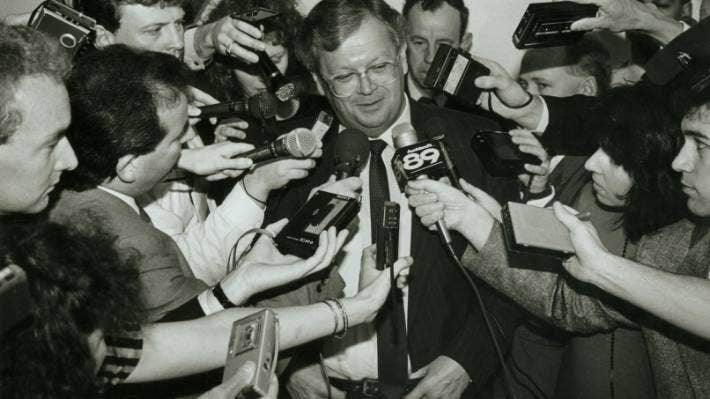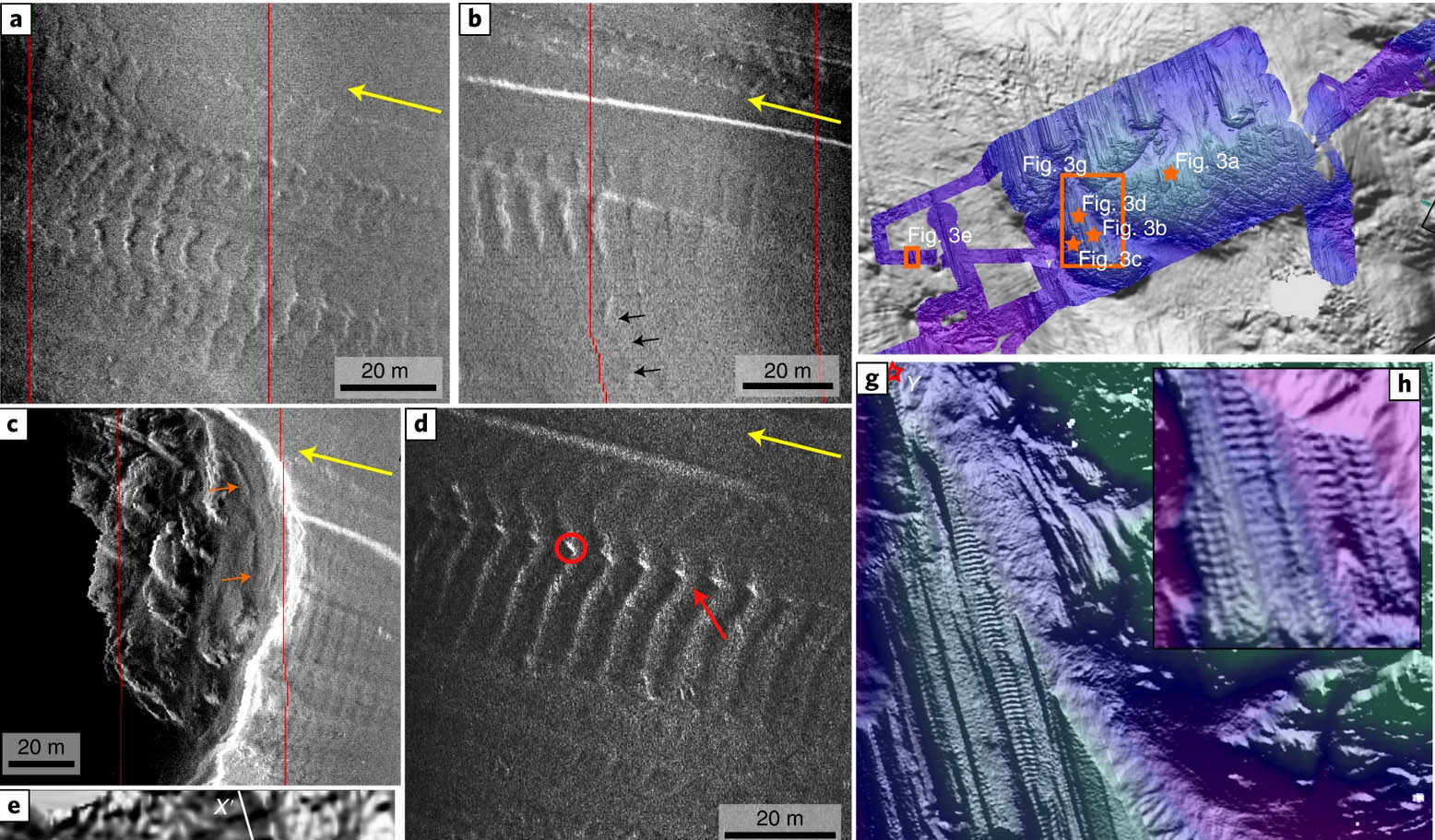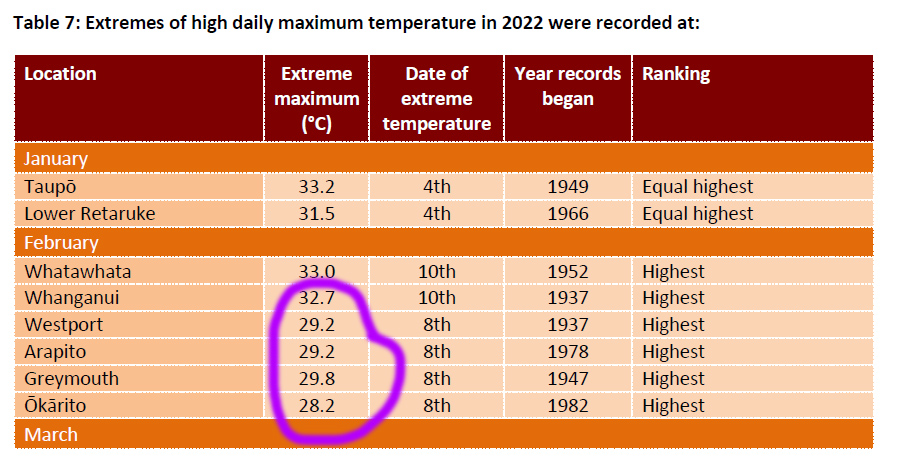UNACCOUNTABLE
The Case For Abolishing The Waitangi Tribunal
Imagine a court effectively controlled entirely by one party to a court case, and which applied the law differently depending on which side you were on. Would you trust such a court to produce a fair verdict? With billions of taxpayers’ dollars at stake, AMY BROOKE argues the Waitangi Tribunal operates like this, has too much power in the treaty settlement process and is too biased and unaccountable to be allowed to continue. In the interests of sparking debate as we head into a constitutional reform process, this is Part One of her argument…

From its very beginning, the hopes of radical Maori activism were pinned on the form and functioning of the Waitangi Tribunal. However, there is a very good case for maintaining that it is now part of a problem it was meant to ameliorate, that given its unrepresentative composition and questionably selected participants, it should long ago have been disestablished.
That the Lange/Palmer Labour government ever contrived its maverick provisions is regarded as a blot on their party’s chequered legislative history. The majority of New Zealanders, disenfranchised because of its modus operandi, have long viewed the tribunal as operating like a Star Chamber, without standards of democratic accountability.
Looking at the disastrous course both major parties in turn have embarked on in relation to socio-political issues these recent decades, New Zealanders can certainly now agree with former Prime Minister Jenny Shipley’s extraordinary concession as far back as 1997, when she was then State Services Minister, that “there needs to be a substantial improvement in the quality of policy advice available to government”.
Arguably, no policies have been more damaging than what have been, essentially, the venal vote-buying not of majority part-Maori, who have long become part of the New Zealand gene pool, but of a highly radicalised minority of what respected Auckland historian Elizabeth Rata classifies as neo-tribal Maori. It is important to bear in mind that of this country’s inhabitants classified for statistical purposes as Maori, all apparently are in fact now only part-Maori, genetically speaking, many with ancestry attenuated to one-sixteenth, one-thirty-second or an even more reduced Maori inheritance.
Neo-tribal part Maori, re-forming into today’s anachronistic quasi-tribes for the sake of political and financial advantage, have become adept at monopolizing the attention not only of the major political parties but of a less than scrupulous mainstream media constantly hungry for controversial headlines.
Regardless of the poor advice afflicting government members which Mrs Shipley commented on, the lack of analysis which too many MPs (including ministers, and by no means excluding prime ministers) have themselves brought to bear on social policy issues is arguably a failure of their responsibility to the country.
One obvious fact emerges. It can be legitimately claimed that New Zealanders have been particularly ill-served by our political party system – what has long been presented to us as a representative democracy, but where, as we have seen in recent decades, a strong leader or minister can dominate the party to determine its policies and directions. As far as the general public is concerned there is nothing genuinely representative about a form of government where individual MPs are over-ruled so that the agenda of the party leader rules the day.
In these recent times, National Party leader John Key’s decisions to simply disregard the very obvious wishes of majority New Zealanders with regard to the infamous anti-smacking legislation – as well as those of members of his own caucus in relation to the high cost Emissions Trading Scheme foisted off on the country – have turned out to be watersheds in the public perception. What New Zealanders thought of as basically a democracy has been increasingly seen to be nothing of the sort. Horse-trading among the political parties has had successive governments, ostensibly operating on behalf of the public at large, become essentially an autocracy. A ruling political class now operates on its own behalf, with both major parties behind the scenes prioritising their own interests to maintain their hold on power.
By the time each party is inevitably rejected by the electorate, the damage has already been done through ill-thought legislation during its term in office. No responsibility is taken for this, while those promoting or sponsoring it have comfortable alternatives lined up for themselves in the form of directorships on boards, lucrative consultancies, diplomatic postings for which they lack suitable training, jobs working for the United Nations if they are sufficiently left-wing or pliable enough to suit this anti-democratic, anti-the West organisation. If not, there is always an honours listing or the consolation of a now almost routine knighthood. Back-scratching has become a source of scandal.
The lack of quality analysis been particularly apparent in the advice given to, or by, successive Ministers of Treaty Negotiations, and in the way the Waitangi Tribunal has been granted the attention and respect for its findings that it has simply not deserved. Even if we regard this body as set up in good faith in an attempt to accommodate genuine Maori grievances – which New Zealanders at large, with their renowned sense of fair play, have always wanted to see listened to, respected, and, where possible, compensated for – the tribunal has by no means been free from charges of bias, and even conflicts of interest in relation to some of its members. These are serious accusations, but apparently are never followed up. Its reliance, when verifying claims, has been on tribal-hired lawyers and well-paid, largely academic-only historians. This has been matched by its exclusion of other well-informed researchers and historians well able (on the basis of factual, historical evidence not allowed to be brought forward) to challenge self-serving claims which may seem impeccable – until more closely examined.
Rigorous scrutiny has not been characteristic of the Waitangi Tribunal in operation, and its recommendations have been damaging. A good case can be made that it is well and truly time for it to be disbanded and for any grievances mounted by tribal chief executives to be examined, where they always should have been, in a genuine court of law subject to the kind of professional cross-examination absent from the tribunal’s operation. However, a rise in judicial activism in recent years has reinforced the perception that given unchecked power, most human beings with or without wigs on will abuse that power. Our court system is not without its problems. Even with this acknowledged, the power given to a body like the tribunal was extraordinary.
This was the contrivance of the then Minister of Justice Geoffrey Palmer, fresh from witnessing the activism of the civil rights movement in the US, and regarded by many New Zealanders to have opened a can of worms by an ill-considered undertaking, in a flush of home-grown activism, to reconsider all Maori land claims back over a century and a half to the signing of the Treaty of Waitangi – although our two countries had embarked on quite different directions in the race-relations area. Maori were not only guaranteed the same rights as all other citizens under the Crown by the Treaty of Waitangi, but had been freely assimilated by intermarriage from the beginning of European settlement.
On the 13th of July 1989, Palmer wrote: “As the Waitangi Tribunal is a tribunal with the powers of a Commission of Inquiry it is not the normal practice in any case to allow cross-examination. Some provision is made for the Waitangi Tribunal to commission claimant research to enable claimants to prepare themselves for a hearing. This provision is not available to third parties because the jurisdiction of the Tribunal is between the Crown and Maori.”
As historian Martin Doutre writes, commenting on the way this Minister of Justice had established the tribunal: “Had application of this definition and understanding of how the Waitangi Tribunal operates been fairly applied in a way that was in keeping with the Treaty of Waitangi, or Articles of the United Nations Universal Declaration of Human Rights, then the process could have found some level of acceptable legitimacy. However, the Waitangi Tribunal was allowed far too much latitude in its interpretation of what constituted binding history and given far too many powers, which impinged drastically upon the rights of other New Zealanders. It developed into an insular, powerful and unassailable organization, answerable only to itself. It was beyond the effects of criticism or any outside influence, but exercised draconian powers that often reduced other government departments to the subordinate role of acting as henchmen to carry out and implement tribunal edicts and decisions, without respect for the rights of redress for any so-designated, non-Maori New Zealanders.”
Since then, of course, the funding to enable tribes to mount claims against the Crown, i.e. against all other New Zealanders required to pay for these, has run into multi-million dollar handouts from the taxpayer, who has no choice in this matter. Moreover, not all of these claims have been genuine. A number are seen as basically opportunistic, aided by the special effects of Maori oratory and emotionalism. As Author Theodore Dalrymple, a former Birmingham prison doctor and psychiatrist has noted in his recent book Spoilt Rotten! The toxic cult of Sentimentality, “a hidden sentimentality is suffocating public life…under the guise of caring for the underprivileged and promoting social inclusiveness we are achieving quite the opposite.” Noting that government representatives, including ministers, visit maraes, and return to say how moved they were by the tears and representations made to them, Dalrymple’s reminder is a timely one.







